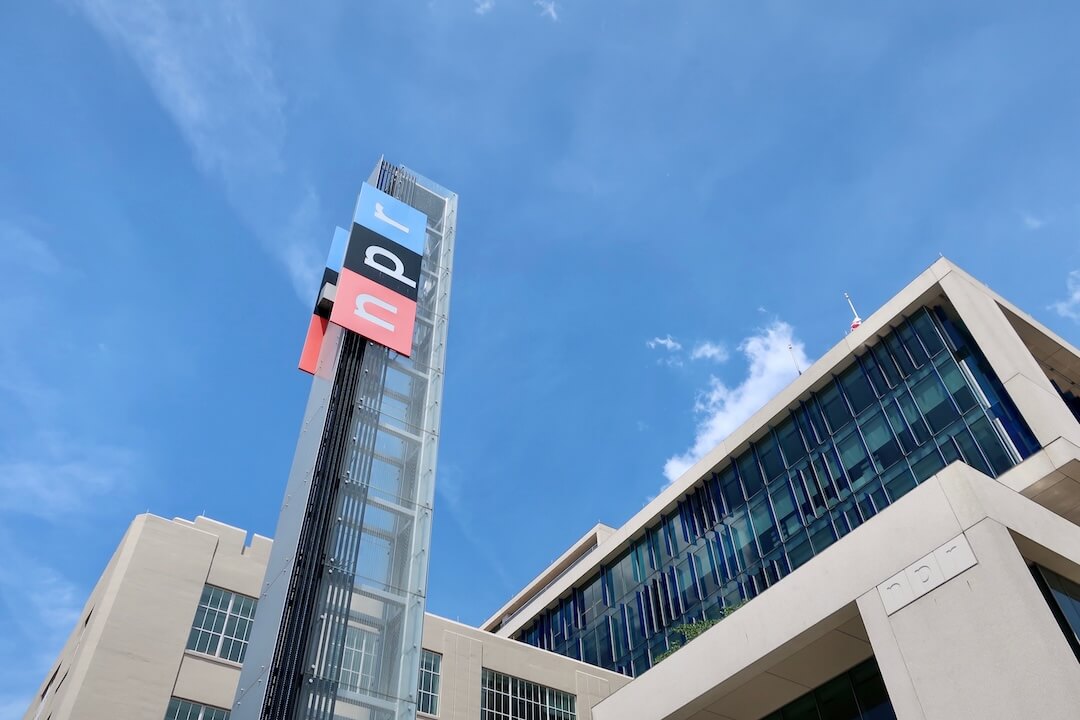Scan the headlines these days and it’s evident that the world’s problems — and attendant reporting challenges — are only getting more complex.
Tax policy, fracking, school reform, climate change, health care. Reporters in streamlined newsrooms must increasingly tackle topics about which they may know little initially.
And a quick review of news archives — the proverbial “pulling the clips” — may not be sufficient to capture the latest understanding of these hugely complex subjects.
At the same time, however, the available in-depth knowledge tools for reporters are growing. The world of scholarship is creeping toward greater openness, and many academics are putting their research online in pre-publication form. Many journals are making select studies available for free; even paid repositories such as JSTOR are making more of their offerings open access. This means more research to draw on and more expert sources to discover easily and quickly.
Until relatively recently, online academic paywalls were ubiquitous — and the research world was not yet even fully online. Taking a second look now in this new, evolving era of digital access can be rewarding. For media members, getting to know this world a little better can lead to efficiencies, putting useful data and analysis at your fingertips that can, among other things, beef up context grafs and generate further angles.
It’s also important to acknowledge that conventional Web searches — just Googling it — won’t necessarily turn up the best research materials; search algorithms don’t always prominently highlight studies and reports that are seldom linked to or visited. There’s also the problem of increasing “personalization” of search results.
For specialist reporters, many of the key subject-area databases may be well-known. But for more general assignment reporters, here is a short, representative list of open databases and scholarly search engines that are well worth bookmarking — and entering your key words into as part of the newsgathering process:
- Google Scholar: This search engine is free to anyone, but access to the studies listed in your search results may be restricted. Be sure to click “All Versions” at the bottom of the search result to see if there is an open version somewhere on the Web.
- Microsoft Academic Search: This evolving database, similar to Google Scholar in many ways, also has tools for seeing connections between researchers and their work. It provides a “profile” of many academics and charts how their findings have been cited.
- PubMed Central: This database, from the U.S. National Institutes of Health, has more than 2 million open access, full-text studies that relate to public health and policy issues. The more general PubMed database contains more than 20 million articles, but some of them have restricted access.
- National Bureau of Economic Research: A nonprofit research organization that publishes top scholarship in the economics discipline; the studies frequently touch on topics such as education and health. Many important articles first appear in working paper form here, and much of the scholarship has a broad, public policy focus.
- Social Science Research Network: This open-access database has hundreds of thousands of important, current papers, many of which are available for free download as PDFs. Many of the articles are “working papers,” meaning they are in process toward a final, published form.
- Full Text Reports: A site that aggregates research-related studies and reports from across the universe of information. The materials are hand-picked.
- Open CRS: The Congressional Research Service (CRS) operates as a quasi think tank that provides reliable, unbiased background on policy issues. CRS does a good job of reviewing available research on issues. Open CRS aggregates these government reports as they come into the public domain.
- Journalist’s Resource: A free, open database that curates and synthesizes key, current studies on a variety of policy topics. The summaries are intended for non-specialists. The project points to open access studies whenever possible. (Disclosure: I’m managing editor of the database.)
As reporters get comfortable with several of these database tools, reviewing the research literature becomes doable on deadline. Of course, there are many more paid databases, some of which journalists can still access with just a library card. For more on digital research access, see this more complete overview.





